About Community Support Services Wolf Ledges Parkway
Community Support Services in Akron, Ohio, offers multiple services designed to assist clients through difficult life moments. This includes treatment for substance use disorder (SUD) and co-occurring mental health issues. The organization accepts private health insurance, military insurance (TRICARE), Medicaid and Medicare.
They offer payment assistance for eligible individuals and have an income based sliding fee scale for the uninsured. This is a Certified Community Behavioral Health Clinic (CCBHC) with CARF accreditation and SAMHSA certification. The clinic is conveniently located near I-76.
A Team Based Addiction Treatment Approach in Ohio
The clinic offers a team based, holistic approach to addiction treatment. This includes integrated services to treat every aspect of an individual’s addiction. The clinic is eight miles from Cuyahoga Valley National Park, home to wildlife, native plants and a beautiful place to immerse yourself in the healing benefits of nature.
Clients receive a psychiatric evaluation and primary care services. You’ll have a substance use assessment to determine the best course of treatment for your SUD and co-occurring (dual diagnosis) mental health issues.
Treatment modalities include evidence based treatment, such as cognitive behavioral therapy (CBT), group therapy and individual psychotherapy. You’ll engage in activity therapies, such as art therapy. Clients can participate in regular outpatient and partial hospitalization/day treatment addiction treatment programs.
Supportive Housing and Residential Treatment Options
The CCBHC has several supportive living facilities and offers various options for housing. A few of their special client populations include the unhoused, veterans, seniors, clients with serious mental illness (SMI) and those referred from the judicial system.
The clinic has two supportive living facilities. Supportive housing includes social services, onsite laundry and comprehensive support services, such as 24/7 front desk staff.
Addiction Treatment Programs
Dual Diagnosis
Mental health concerns and substance use are often linked, which is known as a dual diagnosis. The right rehab in Ohio can help you break free. In addition to typical detox, inpatient treatment, and outpatient care, a dual diagnosis program may include medication management, additional counseling, and classes on healthy coping and other important life skills.
Adult Program
An adult program in Ohio addresses the recovery needs of clients in this life stage and gives them the tools they need to succeed. In addition to typical detox, inpatient treatment, and outpatient care, an adult program may also teach clients about building a career, saving for retirement, parenting, and more.
Senior Rehab
A senior rehab in Ohio will understand the unique issues older clients face that can make recovery harder. A specialized rehab for seniors can provide help for the specific challenges of aging. This may include counseling, help with pain management, skills for overcoming loneliness, and more.
Men's Rehab
Men’s rehab programs in Ohio address the unique needs of men in a safe, gender-specific environment. In addition to typical detox, inpatient treatment, and outpatient care, a men’s program may also teach clients about having healthy relationships, fatherhood, building a career, and more.
Women's Rehab
A women’s rehab in Ohio addresses the unique needs women have and allows them to build relationships in a gender-specific environment. In addition to typical detox, inpatient treatment, and outpatient care, a women’s program may also teach clients about motherhood, building a career, being safe in relationships, and more.
Young Adult Rehab
Young people need unique support, and a young adult rehab in Ohio can help them learn new life skills while overcoming addiction. In addition to typical detox, inpatient treatment, and outpatient care, a young adult program may also teach clients about living independently, budgeting, having healthy relationships, parenting, and more.
Insurance Coverage
Medicaid
There are many ways to pay for rehab in Ohio. If you qualify, one option is Medicaid. Using Medicaid can allow you to access treatment without paying much, if anything, out of pocket. Be sure to find a center that acccepts Medicaid and has the level of care you need.
Private insurance
In Ohio, private insurance is one of your options when it comes to paying for rehab. Insurance plans vary, so it’s important to contact the insurer for details. The best way to keep costs down is to choose a treatment center in your plan’s network.
Self-pay options
Using self-pay for rehab gives you maximum flexibility in choosing your treatment center. You can write a check, use a medical loan, or electronically send money to the center. The fee structure may vary depending on the level of care.
Medicare
If you have Medicare in Ohio, you can use your coverage to help pay for rehab treatment. Keep in mind that you’ll need to choose a center that accepts your plan, and you might have out-of-pocket costs such as a deductible or copayment. Look into your plan documents for full details.
Financial aid
If you qualify, financial aid programs can be a good way to pay for substance use treatment in Ohio. Financial aid directly from the treatment center is one option, or you might be able to find grants or scholarships from community groups or local non-profits.
Sliding scale payment assistance
A sliding scale payment plan can help make the costs of rehab in Ohio more affordable. By providing information about your income and family size, you can qualify for a lower fee for detox, inpatient treatment, outpatient care, and more.
Military insurance
One option for paying for rehab in Ohio is using military insurance. Your insurance plan can cover some or all of the cost of treatment. You’ll need to contact your insurer to find out what centers are in-network with your plan and what out-of-pocket costs you may be responsible for.
Financing available
When they are available, using financing options to pay for treatment in Ohio can make rehab more accessible. Choosing to finance detox, inpatient treatment, or outpatient care can allow you to get the help you need without having the pay the full amount up front. Ask about payment plans, scholarships, grants, or even medical loans.
Levels of Care
- 1
Outpatient Rehab
If you want to attend school or work during rehab, consider outpatient treatment in Ohio. You’ll live independently except when you’re attending rehab. Outpatient treatment is less intensive than inpatient care and may include both counseling and attendance at a 12-step or other recovery support group.
- 2
Partial Hospitalization Program
Attending a partial hospitalization program (PHP) in Ohio allows you to get evidence-based care without living in the facility, helping you establish long-term recovery. PHPs provide up to 20 hours of treatment per week. Some sessions may be focused on life-skills training, others may be group or individual therapy, and it’s not unusual for there to be activities and outings as well.
Therapies
Cognitive Behavior Therapy
Cognitive behavioral therapy in Ohio gives you tools to challenge your thinking patterns. Your underlying core beliefs can cause you to automatically react in certain ways. CBT helps you identify these immediate responses, challenge them, and choose a healthier response.
Experiential Therapy
If you’re struggling with substance use in Ohio, experiential therapy can help you work through emotions so you can make positive changes. Experiential therapy can help you face your emotions and learn skills that give you a healthier way to manage stress and handle substance use triggers in day-to-day life.
Family Therapy
Overcoming substance use is easier if you have support from your loved ones. During family therapy in Ohio, you can address challenging relationships and family conflicts to restore peace and make recovery easier. Family therapy is a normal part of evidence-based treatment programs and may be a part of inpatient treatment, outpatient care, or both. Topics include addressing past events, overcoming codependence and enablement, and building healthy, supportive relationships with each other.
Group Therapy
Overcoming substance use is easier if you’re not alone. During group therapy in Ohio, you’ll hear others’ perspectives and get the support you need. Group therapy can be part of detox, inpatient treatment, and outpatient care. It’s generally combined with individual counseling, activities, life-skills classes, and relapse prevention planning.
Individual Therapy
Individual therapy in Ohio helps clients overcome substance use by providing individualized, confidential support. A professional therapist can help you identify substance use triggers, reshape your thinking about specific topics, and address prior experiences and trauma that impact your substance use habits.
Assertive Community Treatment
Accreditations
Location
Contact Community Support Services Wolf Ledges Parkway
Top Drug Rehab Centers in Ohio
-
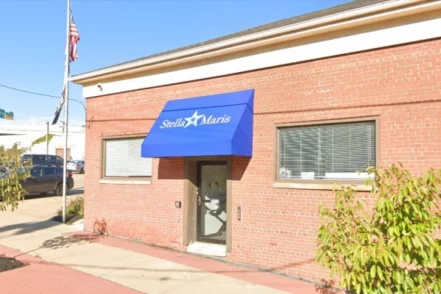 Ohio
OhioStella Maris
1320 Washington Avenue Cleveland, Ohio 44113
-
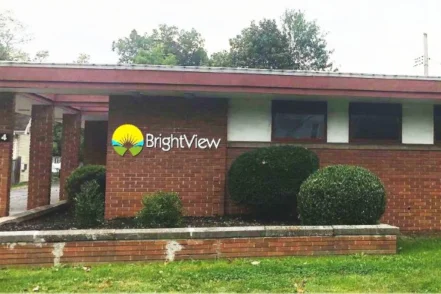 Ohio
OhioBrightview Warren Addiction Treatment Center
1924 E Market Street Warren, Ohio 44483
-
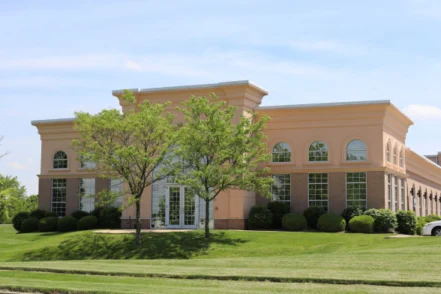 Ohio
OhioBrightview Dayton Addiction Treatment Center
8120 Garnet Drive Dayton, Ohio 45458
-
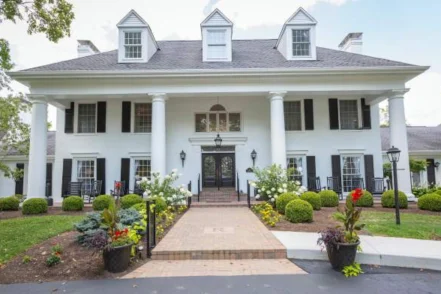 Ohio
OhioThe Ridge Ohio
25 Whitney Drive, Suite 120 Milford, Ohio 45150
-
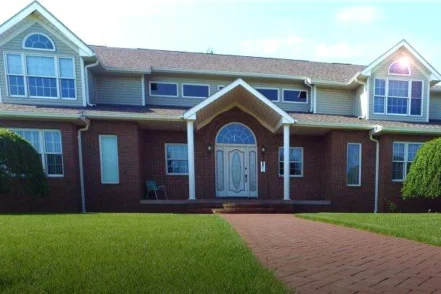 Ohio
OhioArrow Passage Recovery
721 Lincoln Way E Massillon, Ohio 44646
-
 Ohio
OhioBrightView Cincinnati Addiction Treatment Center
446 Morgan Street Cincinnati, Ohio 45206
-
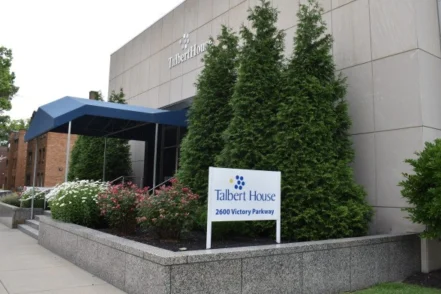 Ohio
OhioTalbert House Cincinnati
2600 Victory Parkway Cincinnati, Ohio 45206
-
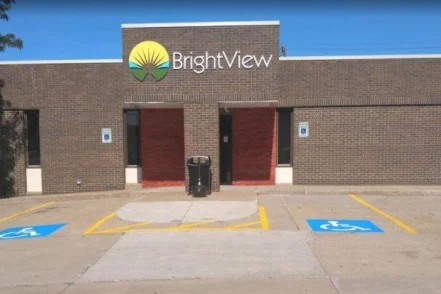 Ohio
OhioBrightview Akron Addiction Treatment Center
999 N Main St Akron, Ohio 45212
-
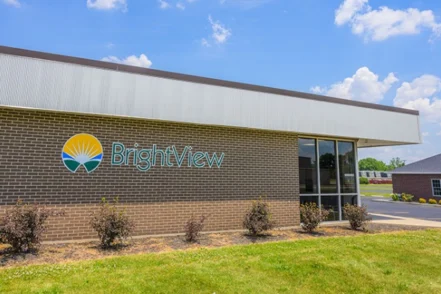 Ohio
OhioBrightview Springfield Addiction Treatment Center
201 N Yellow Springs Street Springfield, Ohio 45504
-
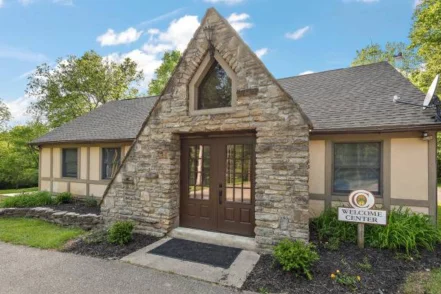 Ohio
OhioCedar Oaks Wellness Center
5778 State Route 350 Oregonia, Ohio 45054
-
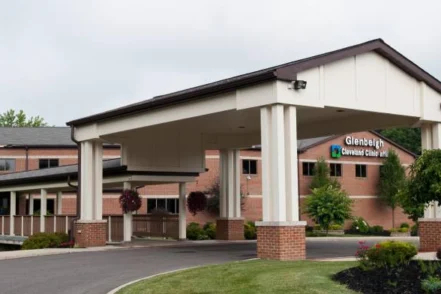 Ohio
OhioGlenbeigh Hospital Rock Creek
2863 State Route 45 Rock Creek, Ohio 44085
-
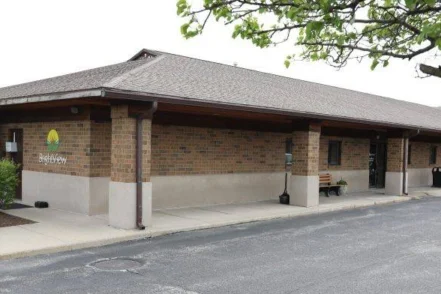 Ohio
OhioBrightview Toledo Addiction Treatment Center
1655 Holland Road, Suite F Maumee, Ohio 43537
-
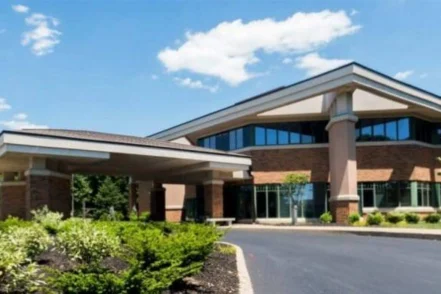 Ohio
OhioThe Recovery Village Columbus Drug and Alcohol Rehab
3964 Hamilton Square Boulevard Groveport, Ohio 43125
-
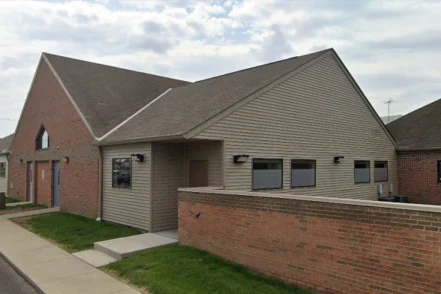 Ohio
OhioMaryhaven Columbus
1791 Alum Creek Drive Columbus, Ohio 43207
